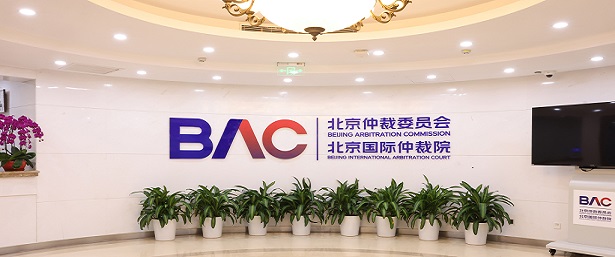
Publish time: Wed Mar 19 00:00:00 CST 2008 Contributor:
BAC Held Training on DRB
The Beijing Arbitration Commission (the BAC) held training on DRB in
Leading the training was Professor Thomas Stipanowich, Academic Director of the Straus Institute for Dispute Resolution at Pepperdine University School of Law, past President & CEO of the International Institute for Conflict Prevention and Resolution (CPR Institute). He has also acted as an arbitrator, mediator, neutral expert, and attorney in numerous construction disputes, and has gained invaluable insight into their resolution.
Participating, were government officials from several important areas, including the National Development and Reform Commission (the NDRC), Ministry of Construction (the MOC), Ministry of Information Industry (the MII), the State Administration of Radio Film and Television (the SARFT) of
Madam Wang Hongsong, Secretary General of BAC, delivered a warm welcome to welcome Professor Stipanowich and the audience, briefly introducing the background of the training course.
During the one-day training, Professor Stipanowich made a detailed introduction of Dispute Boards (DBs), particularly illustrating Dispute Review Boards (DRBs), which aim at early issue resolution and claim avoidance. Usually the parties set up a standing panel at the very beginning of contract or project in order to regularly review potential or existing problems, and provide advisory opinions. World Bank projects and FIDIC contracts incorporate general conditions of DBs. The Ertan Dam in
The BAC organized this training course in order to introduce and develop the use DBs in
It’s said that the Standard Documents did not provide DRB as a compulsory procedure, however, the government called for introducing DRB into
The BAC invited great participation from Straus Institute for Dispute Resolution at Pepperdine University School of Law, one of the world’s leading educational programs in the field of dispute resolution, in a series of comprehensive training courses. Following the DRB training, they will co-host a six-day mediation training course, titled Mediating the Litigated Case, which takes place on March 14-16 and 21-23.